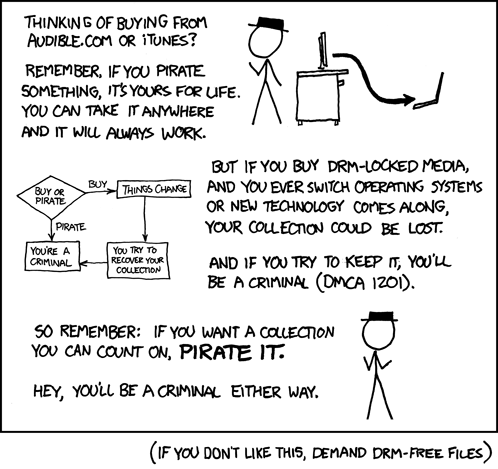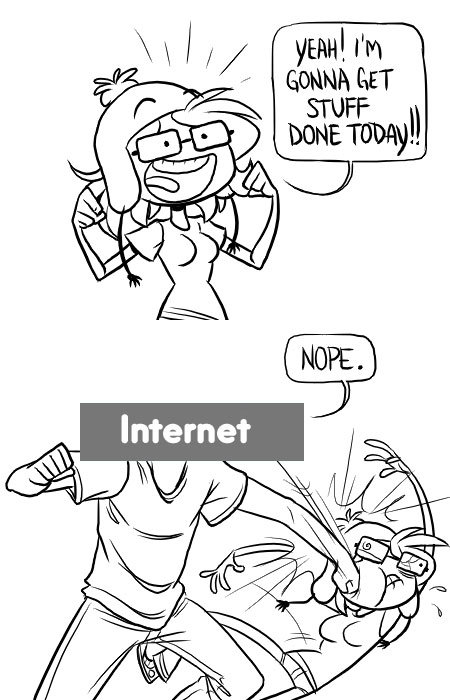The more things change, the more they stay the same. December 5, 2011
So you might ask, after all this talk, how do I truly feel about the Internet? I am obviously not one of those old farts who frowns upon the use of “lol” and “ttyl” nor am I the person with 50 tumblr reblogs a day. Many scholars have raised concerns about the Internet having detrimental effects of our generation. From the new-fangled oral, written practices to the diminishing importance of physical proximity, cyberspace has truly reshaped communication, language, and relationships forever.
In many ways, online innovation has enlarged the generation gap (one reason why Dean and I felt the urge to create a blog like this). For example, I know my parents use email as their all-purpose communication resource, from keeping in touch with old pals to forwarding jokes or poignant stories. On the other hand, my Gmail inbox is a collection of emails from professors and other adults, from the clubs announcement lists, from my online shopping sites, and from messages with large attachments. For “social” purposes, I am a die-hard Facebooker, using it keep in contact with high school buddies, keeping my profile up-to-date, posting (hopefully) witty statuses and cute photos, and commenting (i.e. creeping) on my friends’ posts.
Although our older counterparts may adopt many of the same technologies as we do, it is evident that teenagers utilize the Internet on a completely different level. Being the capricious, eager young souls that we are, it is only natural that we jump on the ideas of Zuckerberg, moot, and other (young, if I might add) Internet rockstars. The amount of time we spend online is unparalleled by any other recreational activity. Especially with the Internet at our fingertips with the latest innovations in smartphones, it is safe to say that, though certain websites may rise and fall, the Internet is here to stay. However, staying informed about cyber-legislation is critical to protecting yourself and protecting other Netizens. I’d like to equate cyberspace to the automobile. Both make our lives a lot easier as well as bring people closer, but at the expense of other necessities (be it fresh air and safe roads or privacy and free speech). As stated by dana boyd, “The key is for adults, and society more broadly, to engage with these issues and help guide teens in making healthy decisions that allow them to leverage social media in positive ways as part of their everyday lives.”
The Internet does not have to be Big Brother (see cartoon for lolz). Nor does it have to be a completed kid-friendly wholesome environment. It is and will be a strange, ever changing world. Yet, amidst all the gray area in cyberspace, it is important to remember that behind every tweet, behind every anonymous blog, behind every silly avatar is a person. After all, cyberspace is a creation of humans, by humans, for humans. 







